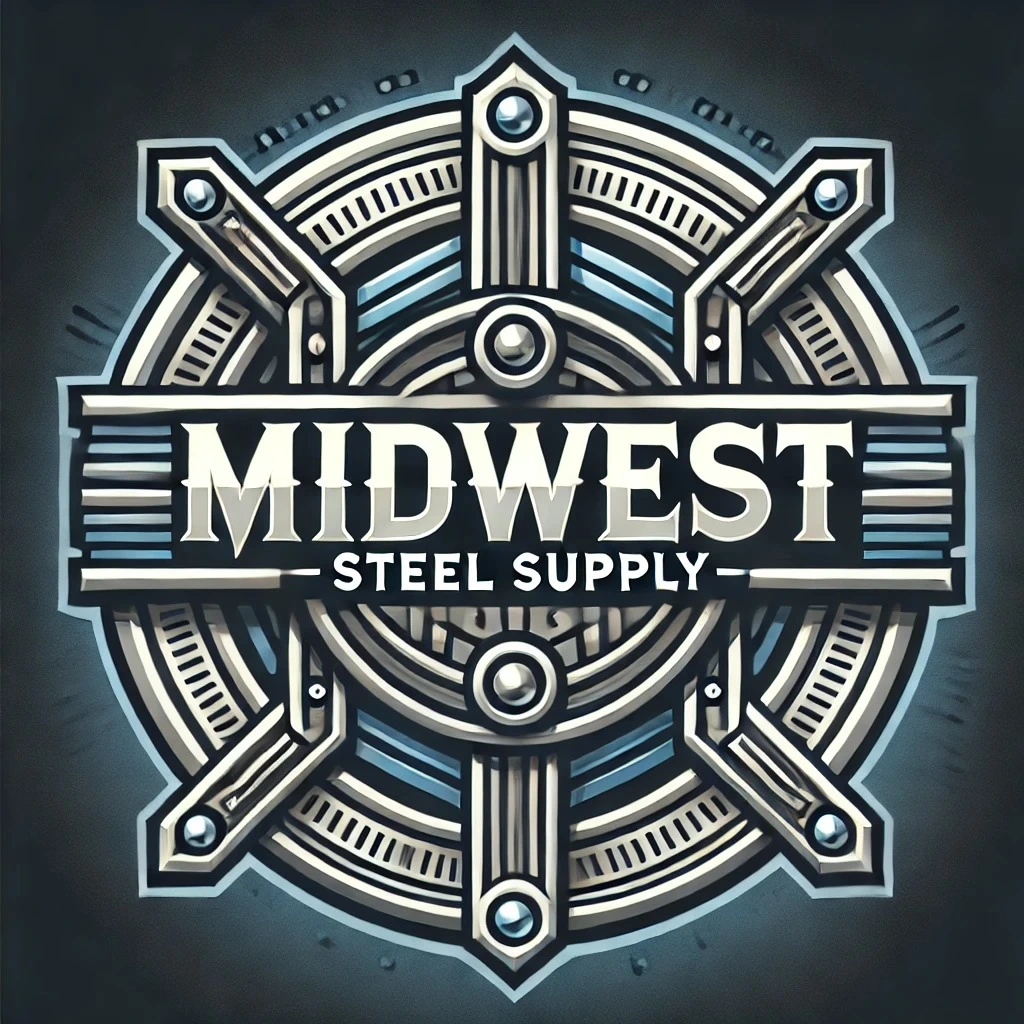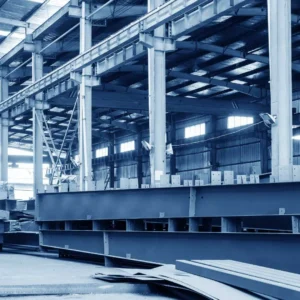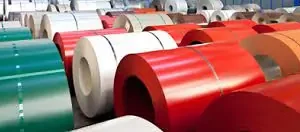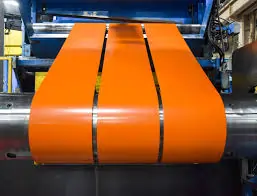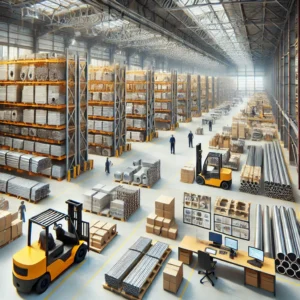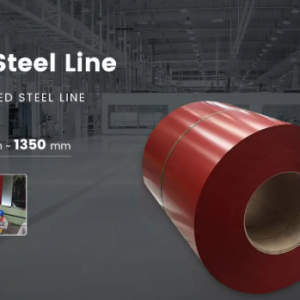ASTM A36 vs ASTM A516 Grade 70 – Properties, Applications & Key Differences
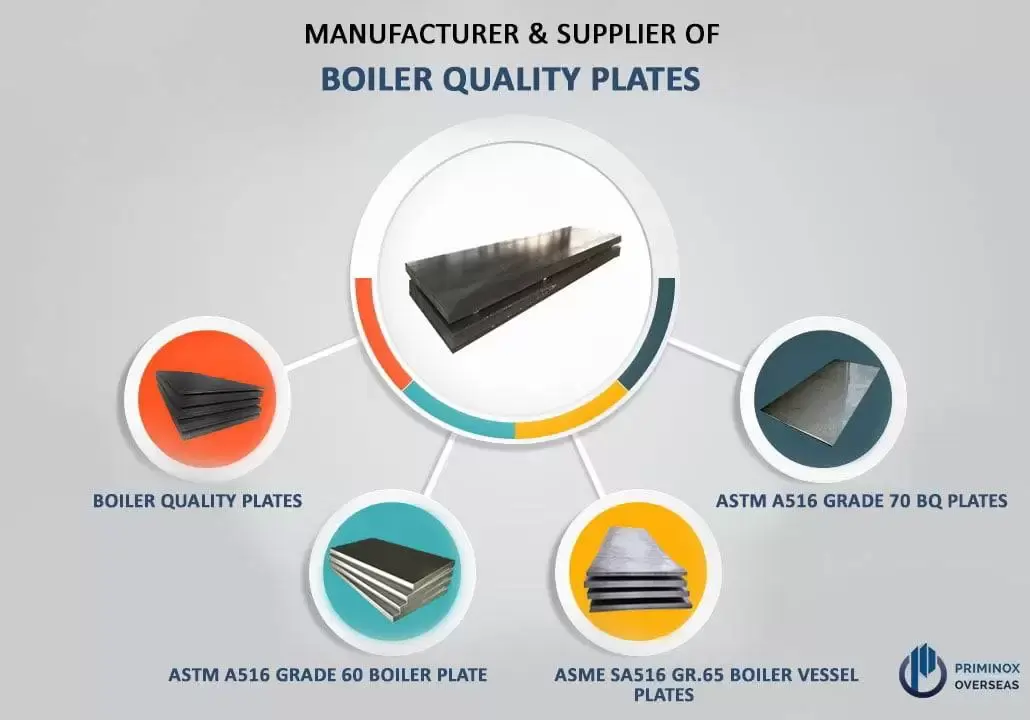
ASTM A36 Mild Steel Plate and ASTM A516 Grade 70 Pressure Vessel Steel – Properties, Applications, and Comparison
Steel remains one of the most widely used materials in the construction, manufacturing, and energy industries. Among the countless grades and specifications, ASTM A36 Mild Steel Plate and ASTM A516 Grade 70 Pressure Vessel Steel are two of the most recognized and commonly specified materials in industrial applications. Although both are carbon steels produced under strict ASTM standards, they differ in composition, mechanical performance, and end-use suitability. Understanding these differences helps engineers, fabricators, and procurement teams make informed material choices for cost efficiency, safety, and longevity.
ASTM A36 Mild Steel Plate
Overview
ASTM A36 is a standard specification for carbon structural steel plates, shapes, and bars primarily used in construction and general structural applications. It is classified as a mild steel, which means it has a relatively low carbon content, offering excellent ductility and weldability.
Chemical Composition
The typical chemical composition of ASTM A36 is:
-
Carbon (C): 0.25–0.29% (max)
-
Manganese (Mn): 0.8–1.20%
-
Phosphorus (P): ≤ 0.04%
-
Sulfur (S): ≤ 0.05%
-
Silicon (Si): 0.15–0.40%
This combination delivers a balance between strength and ease of fabrication.
Mechanical Properties
-
Yield Strength: ≥ 250 MPa (36 ksi)
-
Tensile Strength: 400–550 MPa (58–80 ksi)
-
Elongation: ≥ 20% in 200 mm
-
Brinell Hardness: ~119–162 HB
These properties make it suitable for bending, shaping, drilling, and welding without cracking.
Key Advantages
-
High weldability with minimal preheating
-
Good machinability
-
Cost-effective for large-scale construction
-
Readily available in multiple thicknesses and widths
Applications
ASTM A36 is commonly used in:
-
Structural beams and columns
-
Bridge components
-
Base plates and frames
-
General fabrication projects
-
Machinery parts and equipment frames
Its versatility makes it the “workhorse” of mild steel grades in the construction sector.
ASTM A516 Grade 70 Pressure Vessel Steel
Overview
ASTM A516 Grade 70 is a carbon steel plate designed specifically for pressure vessel applications where notch toughness is important. It is commonly used in welded pressure vessels operating at moderate and lower temperatures. This steel grade is normalized to enhance toughness and resistance to brittle fracture.
Chemical Composition
Typical composition includes:
-
Carbon (C): 0.27% max
-
Manganese (Mn): 0.85–1.20%
-
Phosphorus (P): ≤ 0.035%
-
Sulfur (S): ≤ 0.035%
-
Silicon (Si): 0.15–0.40%
The higher manganese content compared to A36 enhances tensile strength and impact resistance.
Mechanical Properties
-
Yield Strength: ≥ 260 MPa (38 ksi)
-
Tensile Strength: 485–620 MPa (70–90 ksi)
-
Elongation: 17–21% depending on plate thickness
-
Excellent notch toughness at low temperatures
ASTM A516 Grade 70 is often supplied in normalized condition to ensure uniform grain structure and mechanical performance.
Key Advantages
-
High strength-to-weight ratio
-
Superior impact resistance at low and moderate temperatures
-
Good weldability for heavy sections
-
Excellent performance under pressure loading
Applications
Common uses include:
-
Boilers and pressure vessels
-
Heat exchangers
-
Storage tanks for oil, gas, and chemicals
-
Refinery and petrochemical equipment
-
Shipbuilding pressure components
Its reliability in containing pressurized fluids makes it a preferred choice in the energy and process industries.
Comparison: ASTM A36 vs ASTM A516 Grade 70
| Property / Feature | ASTM A36 Mild Steel | ASTM A516 Grade 70 Pressure Vessel Steel |
|---|---|---|
| Type | Structural steel | Pressure vessel steel |
| Yield Strength (MPa) | ~250 | ~260 |
| Tensile Strength (MPa) | 400–550 | 485–620 |
| Ductility | High | Moderate-High |
| Notch Toughness | Moderate | High |
| Welding Performance | Excellent | Excellent |
| Typical Applications | Bridges, buildings, machinery frames | Boilers, tanks, pressure vessels |
| Normalizing Requirement | Not required | Often supplied normalized |
While A36 is optimized for structural applications, A516 Grade 70 is engineered for environments where safety under pressure is critical.
Manufacturing and Quality Standards
Both steel grades are produced under the stringent guidelines of the American Society for Testing and Materials (ASTM) to ensure consistency and reliability. Manufacturers test for:
-
Chemical composition accuracy
-
Mechanical property compliance
-
Surface finish and defect elimination
-
Dimensional tolerances
For critical applications, especially in pressure vessel manufacturing, additional tests such as Charpy V-Notch impact tests, ultrasonic inspections, and radiography are performed to verify performance.
Market Relevance and Availability
-
ASTM A36 remains the go-to choice for cost-sensitive projects requiring dependable strength and workability. Its affordability and widespread availability make it a staple for steel service centers.
-
ASTM A516 Grade 70, while more specialized and slightly more expensive, is indispensable for industries like oil & gas, power generation, and chemical processing where safety standards demand higher performance.
Global steel markets continue to maintain strong demand for both grades, with suppliers offering thicknesses ranging from 6 mm to over 100 mm depending on the application.
Conclusion
Both ASTM A36 Mild Steel Plate and ASTM A516 Grade 70 Pressure Vessel Steel serve vital roles in industrial and infrastructure projects. A36 excels in structural applications due to its flexibility, ease of welding, and cost-effectiveness, while A516 Grade 70 stands out in high-pressure, safety-critical environments with its superior toughness and tensile strength. Selecting the right grade depends on the intended service conditions, mechanical requirements, and regulatory compliance.
Choosing the correct steel grade not only ensures structural integrity but also optimizes cost, safety, and long-term performance—making it a decision of strategic importance in engineering and fabrication projects.
